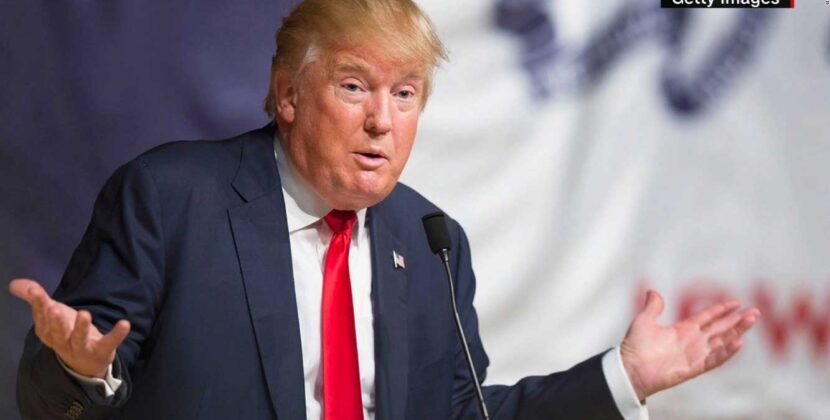
Introduction
Cryptocurrency has gained significant traction in Nigeria, positioning the country as one of the leading crypto hubs in Africa. However, this surge in adoption has led to increased scrutiny from regulatory bodies. Both the Nigerian government and the Central Bank of Nigeria (CBN) have introduced a range of restrictions on crypto transactions, making it crucial for crypto enthusiasts to stay compliant.
So, how can you avoid legal trouble while navigating Nigeria’s evolving crypto regulations? This post will walk you through everything you need to know.
A Snapshot of Nigeria’s Crypto Regulatory Landscape
- The CBN’s Crypto Transaction Ban (2021)
In February 2021, the CBN issued a directive that prohibited financial institutions from processing crypto transactions, citing concerns about digital currencies being used for illegal activities. As a result, banks were instructed to freeze accounts associated with crypto trading. - Securities and Exchange Commission (SEC) Guidelines (2022-2023)
In response to the growing popularity of crypto, Nigeria’s SEC introduced regulations acknowledging crypto as digital assets. These rules require exchanges, platforms, and service providers involved in crypto to register with the SEC and adhere to a set of compliance standards. - Launch of the eNaira
The Nigerian government introduced the eNaira, a government-backed Central Bank Digital Currency (CBDC), to provide a regulated digital alternative to cryptocurrencies like Bitcoin and Ethereum.
How to Stay Compliant with Nigerian Crypto Regulations
- Use Regulated and Licensed Crypto Platforms
According to the SEC’s regulations, only licensed crypto exchanges are allowed to operate in Nigeria. Ensure you use platforms that are compliant with local laws to avoid any legal complications. - Avoid Risky Peer-to-Peer (P2P) Transactions
Although P2P trading is a popular method for crypto transactions in Nigeria due to bank restrictions, it can also draw unwanted attention from banks. To stay on the safe side, use reputable platforms such as Binance P2P or Paxful and follow best practices to avoid suspicious transactions. - Understand and Report Taxes on Crypto Earnings
While the taxation of cryptocurrencies in Nigeria is still evolving, the government is working toward imposing taxes on crypto profits. Keep thorough records of your crypto transactions, and be prepared to report your earnings when the authorities require it. - Be Cautious of Crypto Scams and Fraudulent Schemes
Some scammers take advantage of regulatory gray areas, promising high returns with little to no risk. Avoid platforms that offer “guaranteed profits” and stick to well-known exchanges and decentralized finance (DeFi) platforms to minimize the risk of falling victim to scams. - Stay Informed About Regulatory Changes
Nigeria’s crypto regulations are constantly changing. To remain compliant, it’s important to keep up with updates from official bodies like the CBN, SEC, and trusted news outlets. This will help you avoid running afoul of new regulations.
Real-Life Example: Tosin’s Experience Navigating Crypto Regulations
Tosin, a Nigerian investor, once found himself at risk of having his bank account flagged for suspicious activity due to frequent crypto-related transactions. After learning about the CBN’s stance, he took the following steps:
✅ He switched to Binance P2P, ensuring that all his transactions were properly labeled to avoid raising any red flags.
✅ He kept detailed records of his transactions to demonstrate that they were legitimate.
✅ He made sure to use SEC-approved platforms for his trading.
By staying proactive and informed, Tosin successfully navigated Nigeria’s crypto regulations and avoided any legal complications.
Final Thoughts
Though Nigeria’s crypto regulations may seem stringent, staying compliant is entirely possible with the right approach. By using licensed platforms, avoiding risky transactions, keeping clear records, and staying updated on the latest regulations, you can continue to trade and invest in crypto without legal issues.
Have you faced challenges with crypto regulations in Nigeria? Feel free to share your experiences and tips in the comments!












